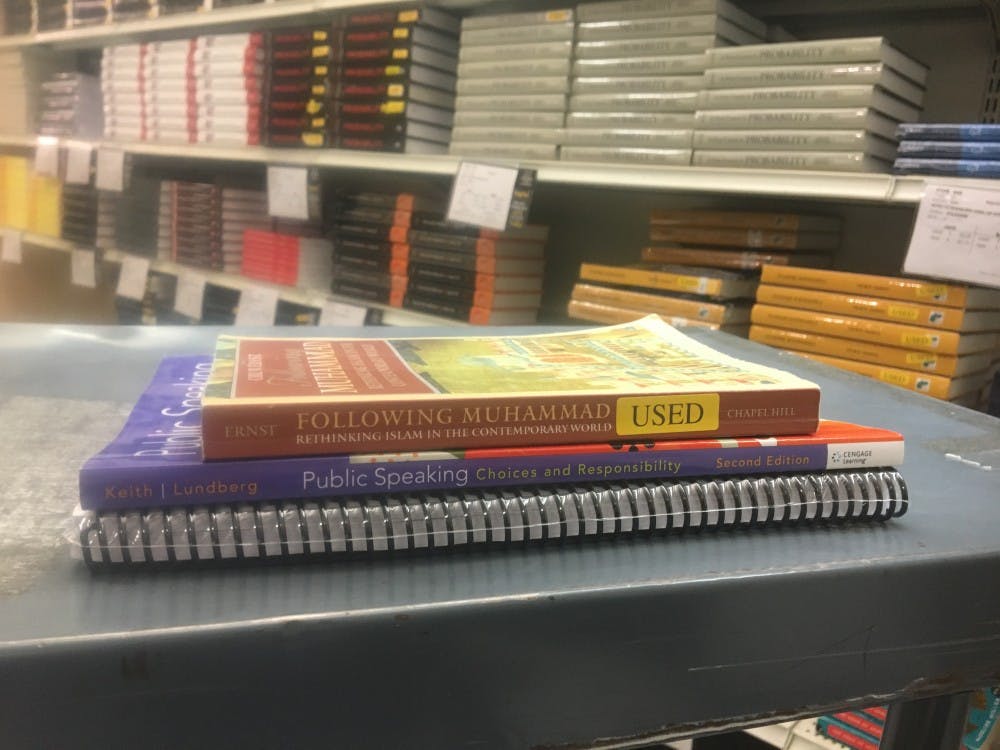As many professors assign texts they have authored themselves, some professionals argue professors must be careful and confident with the practice.
The American Association of University Professors released a statement on the matter in 2004, stating the practice itself is not cause for concern.
"The right of individual professors to select their own instructional materials, a right protected under principles of academic freedom, should be limited only by such considerations as quality, cost, availability and the need for coordination with other instructors or courses," the statement said.
At UNC, the policies concerning assigning textbooks come with a relative amount of autonomy for the professors, said Kim Strom-Gottfried, director of the University's Office of Ethical Education and Policy Management.
John Sherer, Spangler family director at the University of North Carolina Press, said while the UNC Press doesn't compare in the economies of scale when it comes to the large publishing companies issuing expensive textbooks, all publishing agencies need to pay attention to possible moral hazards.
"This is part of this whole problem in the textbook world, which is that professors make decisions that students have to answer to," he said. "It brings up the question of agency. They make a decision, but they don't have to pay the consequences of what that decision is."
AAUP said students can be a captive audience if they must purchase the assigned text if it is not freely available.
"Because professors sometimes realize profits from sales to their students (although, more often than not, the profits are trivial or nonexistent), professors may seem to be inappropriately enriching themselves at the expense of their students," the statement said.
The AAUP offers multiple policy proposals to mitigate the conflict of interest, citing Virginia Tech's use of committee approval or Case Western Reserve University's providing of faculty-authored textbooks to students in the Department of Neurology free of charge.
In an article on the topic, Slate's Rebecca Schuman likened professors that assign their own works to Harry Potter's Gilderoy Lockhart and called them pompous and self-serving.
UNC first-year Savannah Newton said she has had two professors assign their own texts and that her initial opinion was that the purpose was garnering more money.
"After the class ended, I understood why my professor chose to use his book," she said. "He was definitely one of the major experts in this specific field of study."
Nicole Tripp, a UNC first-year, said she was wary at first as well but then realized the practice shows a professor's expertise on the subject. She also said she mostly doesn't mind a professor assigning their own textbook.
"If it's a factual text and not some biased book they wrote, then I think teachers using their own textbooks just shows how knowledgeable (and) passionate they are about the subject," she said.
Strom-Gottfried said there is also autonomy in regards to where royalties — approximately 10 to 30 percent of the book's profits — go, leading to her personal policy to donate her royalties to scholarships. She said there is a definite ethical dilemma involved, but the professors have an expertise to show.
"When people write books, they know that content the best, they hopefully believe in their book and they may be better at teaching out of their book than somebody else," she said.




